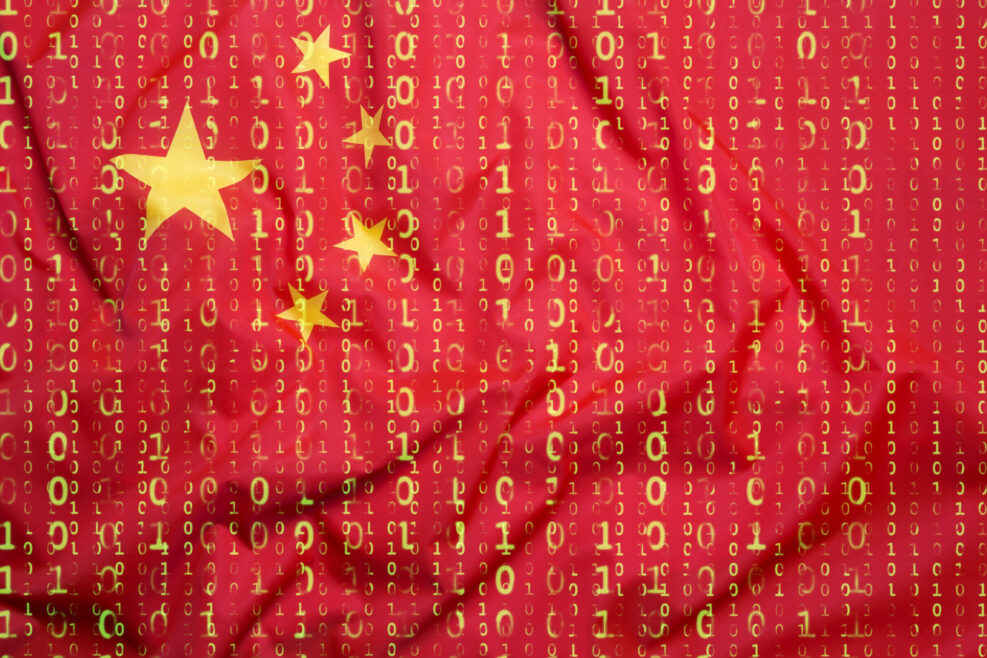
Leaked Police Database: Total Surveillance of China’s Uyghurs
Human Rights Watch notes that many countries engage in human rights abuses, but “more than any other government, Beijing has made technology central to its repression.”Human Rights Watch has released its 2021 annual report of global human rights abuses in 2020. In his keynote article, Executive Director Kenneth Roth said “this has been the darkest period for human rights in China since the 1989 massacre that ended the Tiananmen Square democracy movement.” The report outlines several ways that the Chinese Communist Party has repressed Chinese citizens. Among those are the Uyghurs, an ethnically Turkish majority Muslim people living in Xinjiang Uyghur Autonomous Region in western China. The CCP continues to use every means, including massive technological surveillance, to control the Uyghur population. This is the second year that China has been one of the biggest offenders of human rights. Last year’s keynote article pointed out Read More ›


















